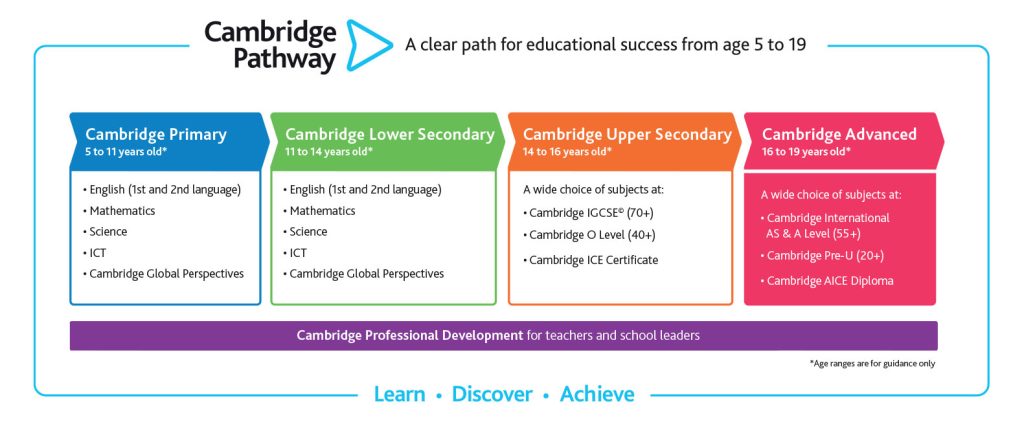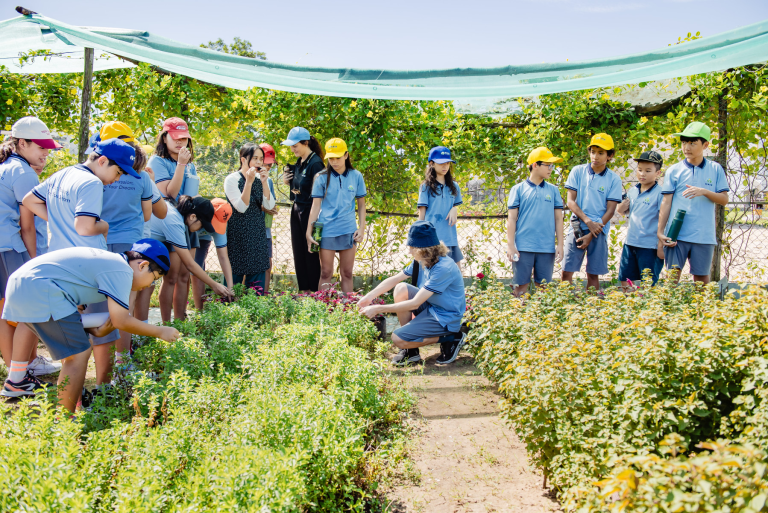STAGES 1 & 2
By the beginning of Year 2, pupils should be able to read all common graphemes (letters and letter combinations used to represent sounds). They should be able to read unfamiliar words containing these graphemes accurately and without undue hesitation by sounding them out in books that are matched closely to each pupil’s level of word reading knowledge. They should also be able to read many common words taught so far (for example, shout, hand, stop, or dream) without needing to blend the sounds out loud first. Pupils’ reading of common exception words (for example, you, could, many, or people) should be secure. Pupils will increase their fluency by being able to read these words easily and automatically. Finally, pupils are able to retell some familiar stories that have been read to and discussed with them or that they have acted out during Year 1.
During Year 2, teachers continue to focus on establishing pupils’ accurate and speedy word reading skills. They make sure that pupils listen to and discuss a wide range of stories, poems, plays, and information books. The sooner pupils read well and do so frequently, the sooner they are able to increase their vocabulary, comprehension and knowledge across the wider curriculum.
In writing, pupils in Year 2 should be able to compose individual sentences orally and then write them down. They should be able to spell correctly many of the words covered in Year 1. They should also be able to make phonetically plausible attempts to spell words they have not yet learnt. Finally, they are taught to form individual letters correctly, establishing good handwriting habits from the beginning.
STAGES 3-6
By the beginning of Year 3, students should be able to read books written at an age-appropriate interest level. They should be able to read them accurately and at a speed that is sufficient for them to focus on understanding what they read rather than on decoding individual words. They should be able to decode most new words outside their spoken vocabulary, making a good approximation to the word’s pronunciation. As their decoding skills become increasingly secure, teaching is directed more towards developing their vocabulary and the breadth and depth of their reading, making sure that they become independent, fluent, and enthusiastic readers who read widely and frequently.
By the beginning of Year 5, students should be able to read aloud a more comprehensive range of poetry and books written at an age-appropriate interest level with accuracy and a reasonable speaking pace. They should be able to read most words effortlessly and work out how to pronounce unfamiliar written words with increasing automaticity.
They should be reading widely and frequently, outside as well as in school, for pleasure and information. They should be able to read silently, with good understanding, inferring the meanings of unfamiliar words, and then discuss what they have read.
By the end of Year 6, students’ reading and writing should be sufficiently fluent and effortless for them to manage the general demands of the curriculum in Year 7 across all subjects, and there will continue to be a need for students to learn subject-specific vocabulary.
Specific requirements for students to discuss what they are learning and to develop their wider skills in spoken language form part of the HAIS English curriculum. In Years 5 and 6, students’ confidence, enjoyment and mastery of language are extended through public speaking, performance, and debate.








